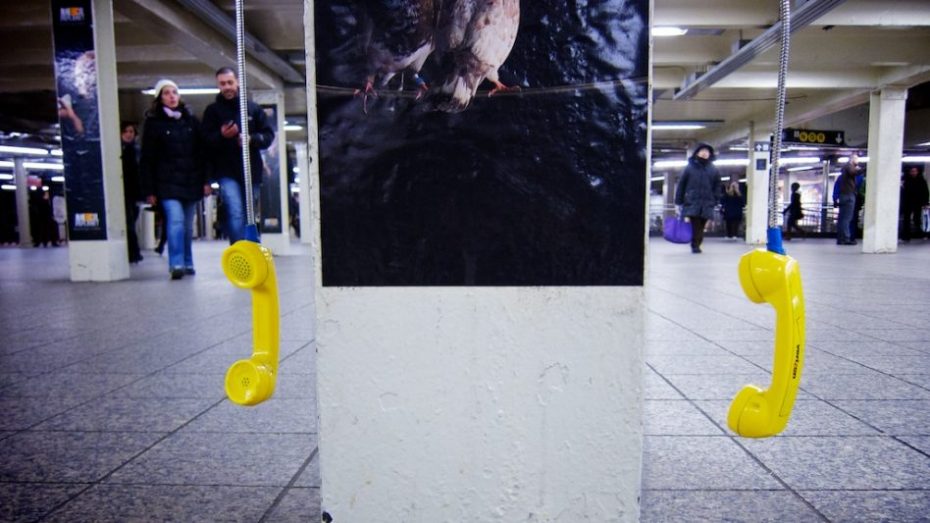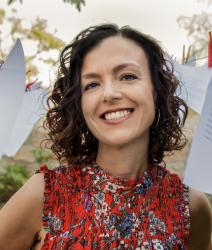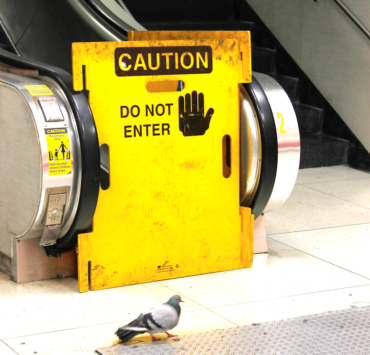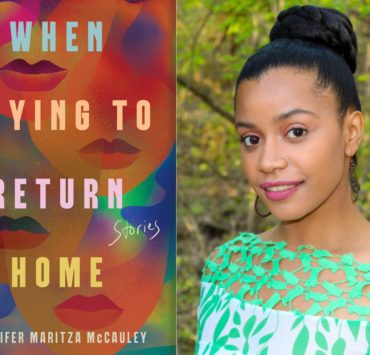
You & the Pendulum
She held a chain with a crystal suspended from it over different parts of your body and asked questions. Sometimes you told her what you needed to know, more often she dangled the pendulum over an organ to interrogate, implicitly, its proper functioning. Even as her hand remained steady, the crystal would begin to swing from the chain in circles, clockwise or counterclockwise, giving a yes or no answer. These readings took place in her apartment, and although it was small and cluttered and had probably once been a cold-water flat, you wondered if it was rent controlled, because how else could she live there, in that inflated market. You were having problems with digestion, as you have since you were a kid, and she showed you how to massage your intestine, advising you: stay away from most nightshades. She sought a second opinion by holding the pendulum over one of the tomatoes on her kitchen table, and this seemed more efficient and less scary than a million needles pushed into the skin. But the question you waited to ask until the end was about the scientist with the British accent. Your gut told you it would only last through the summer, but as she held the pendulum and asked if he was your future, the chain and crystal began to vibrate and turn in small, then increasingly wider, circles, faster and faster in the direction of yes. You wrote her a check and headed for a payphone to tell your scientist about the diagnosis.
You to the Future
What would you have said to the future? Future, you will have no scientist in it. Future, your scientist was kissing a Canadian. Future, you could have told me, don’t go to his apartment, depress the doorbell for many seconds, wait in his favorite diner around the corner, call him from the dark and humid underground of your last rumbling hope. But, Future, let me tell you something truly remarkable: there were payphones on subway platforms, which was great when you needed one, but if you needed one, things were often not so great. You were late for an interview or you wanted to hear, don’t get on that train, I love you, come back to bed. No one on a subway payphone wanted to hear, “Hold on.” You were lost, trying to buy weed, calling some guy’s beeper. The receiver and keypad were archives of body-cum-city, and in these moments of disorientation, of numbers black and waxy and sticky, the pointer finger brought you closer to your desire with its impeccable memory. Future, I guess you already know that lovers feel their feelings wherever and whatever the mode. On the body, no longer at home. A screen the size of a palm. But in you, Future, no one will know what it’s like to make a collect call, to reverse the charges. Or remember the Spanish poet who wrote an ode to his light bulb late one night in the kitchen.
Image Credits: Rob Nguyen

Rosa Alcalá is a poet and translator from Paterson, NJ. The New York Times describes her third and most recent book of poetry MyOTHER TONGUE as capturing “the messy emotions and miscommunications that move between languages” and a reminder of “how little precedent there is for honest writing [about mothers and daughters], compared with the epic traditions of fathers and sons.” Her poems and translations have appeared in numerous journals, including Harper’s, The Nation, Poetry, and American Poetry Review, as well as in the anthologies Best American Poetry (Scribner, 2019 & 21. The recipient of a Foundation for Contemporary Arts Grant to Artists, a National Endowment for the Arts Translation Fellowship, and runner-up for a PEN Translation Award, she is the editor and co-translator of New & Selected Poems of Cecilia Vicuña (Kelsey Street Press, 2018). She is currently a Consulting Editor for the University of Chicago Press’ Phoenix Poets Series. Her fourth book of poems, YOU, is forthcoming from Coffee House Press in 2024.







